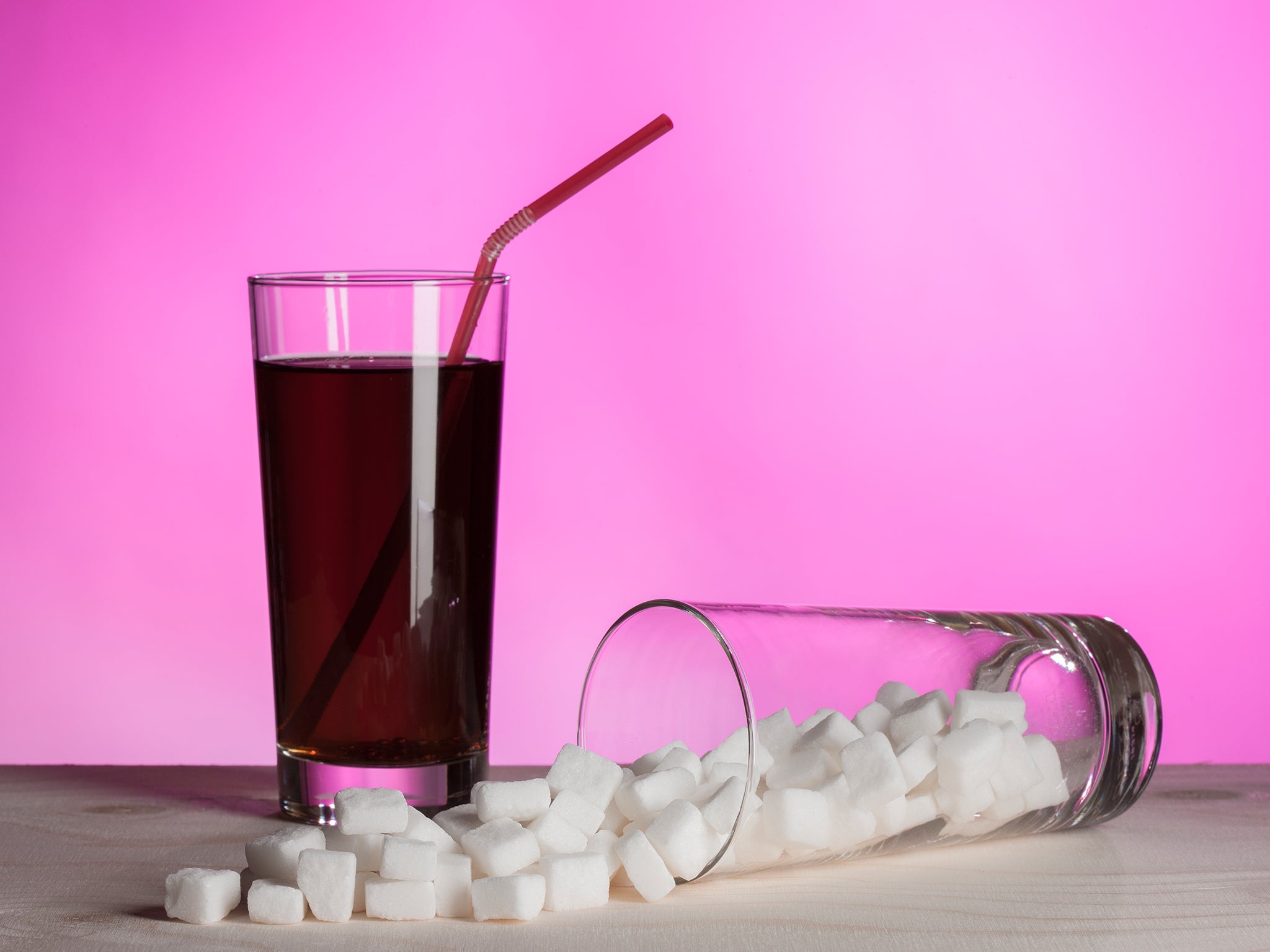How a high sugar diet can seriously damage your face
Dermatologists warn 'sugar face' can cause acne, greasy skin and premature aging

Your support helps us to tell the story
From reproductive rights to climate change to Big Tech, The Independent is on the ground when the story is developing. Whether it's investigating the financials of Elon Musk's pro-Trump PAC or producing our latest documentary, 'The A Word', which shines a light on the American women fighting for reproductive rights, we know how important it is to parse out the facts from the messaging.
At such a critical moment in US history, we need reporters on the ground. Your donation allows us to keep sending journalists to speak to both sides of the story.
The Independent is trusted by Americans across the entire political spectrum. And unlike many other quality news outlets, we choose not to lock Americans out of our reporting and analysis with paywalls. We believe quality journalism should be available to everyone, paid for by those who can afford it.
Your support makes all the difference.Many of the dangers of a high sugar diet are well known, from causing tooth rot to adding unwanted extra inches to your waistband. But a little known effect is how sugar can seriously harm your face.
A phenomenon known as ‘sugar face’ can occur when people have a high presence of sugar in their diet; causing acne, under-eye bags and pallid skin. Scientists warn that the under-acknowledged issue may be causing more harm than many people realise.
Dr Tamara Griffiths from the British Association of Dermatologists told The Independent: “Sugary foods have a high glycaemic index (GI) resulting in a rapid sugar load into the body and dramatic fluctuations in the hormone insulin. Over time this can result in insulin-resistance and diabetes, which can accelerate the ageing process."
Sugar disrupts collagen binding which can in turn make skin lose its fresh or plump appearance, she warns: “Ingestion of sugary foods may directly impact skin ageing due to damaging advanced glycation end products (AGEs) which bind to collagen and other skin components. A diet rich in high GI foods which release energy in a slow, more sustained manner will protect against this form of premature skin ageing.“
Other experts warn that as sugar is a dehydrating agent, it can increase oil production in the skin, prompting greasy skin and acne breakouts.
However, scientists say some sugar in a balanced diet and taken as part of a healthy lifestyle is safe to consume and that only diets featuring high sugar content should be cause for concern. The NHS recommends having no more than 30g of sugar in your daily diet.
Join our commenting forum
Join thought-provoking conversations, follow other Independent readers and see their replies
Comments